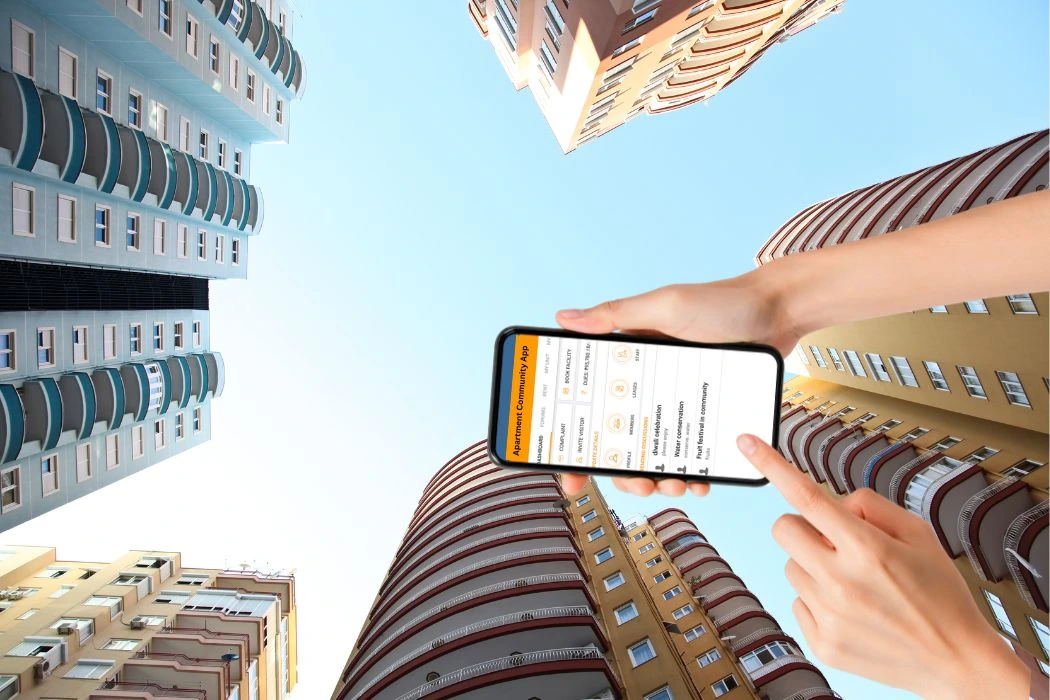In today’s fast-paced world, apartment communities need innovative ways to foster communication and engagement among residents. An apartment community app can bridge this gap by providing a centralized platform for announcements, event coordination, service requests, and more. Here’s how you can build an effective apartment community app that enhances resident interaction and satisfaction.
1. Define Your Objectives
Before developing an app, determine its primary goals. Do you want to streamline communication, facilitate social events, provide maintenance services, or all of the above? Defining your objectives will help you create a clear roadmap for the apartment community app development.
2. Key Features to Include
a) Resident Directory & Messaging
A built-in resident directory allows tenants to connect, while a messaging system enables secure and convenient communication among neighbors.
b) Community Announcements & Alerts
Push notifications and announcement boards keep residents informed about maintenance updates, security alerts, and upcoming events.
c) Event Calendar & RSVP System
An interactive calendar helps residents stay updated on community events and RSVP directly through the apartment community app.
d) Maintenance Requests & Service Tracking
Residents can submit maintenance requests, track their progress, and communicate with management through the apartment community app.
e) Payment & Billing Integration
Offering rent payment options and billing history within the app can simplify financial transactions for both residents and property management.
f) Discussion Forums & Social Groups
Encouraging social interaction through discussion boards and interest-based groups can create a strong sense of community.
g) Local Business & Service Listings
Partnering with local businesses to offer discounts or promotions within the app can add value for residents.
3. Choose the Right Technology
Decide whether you want a native app (iOS/Android), a web app, or a hybrid solution. Consider factors like ease of access, development cost, and scalability when choosing the tech stack.
4. User-Friendly Design
Ensure the app is intuitive, visually appealing, and easy to navigate. A well-designed user interface enhances user experience and encourages engagement.
5. Security & Privacy Measures
Protect residents’ data with strong encryption, authentication measures, and compliance with data privacy regulations.
6. AI Support & Automation
Integrating AI-powered features can enhance user experience by automating responses to frequently asked questions, managing maintenance requests efficiently, and offering personalized recommendations for community events and services.
7. Testing & Feedback
Conduct beta testing with a group of residents to gather feedback. Identify pain points and refine the app before a full-scale launch.
8. Launch & Continuous Improvement
Promote the app through community meetings, flyers, and social media. Gather ongoing feedback and update the app regularly to keep it relevant and functional.
Conclusion
A well-designed apartment community app can significantly improve resident engagement, streamline management tasks, and create a more connected living environment. By focusing on essential features, user experience, and continuous improvements, you can build a powerful tool that enhances the quality of life for everyone in the community.

